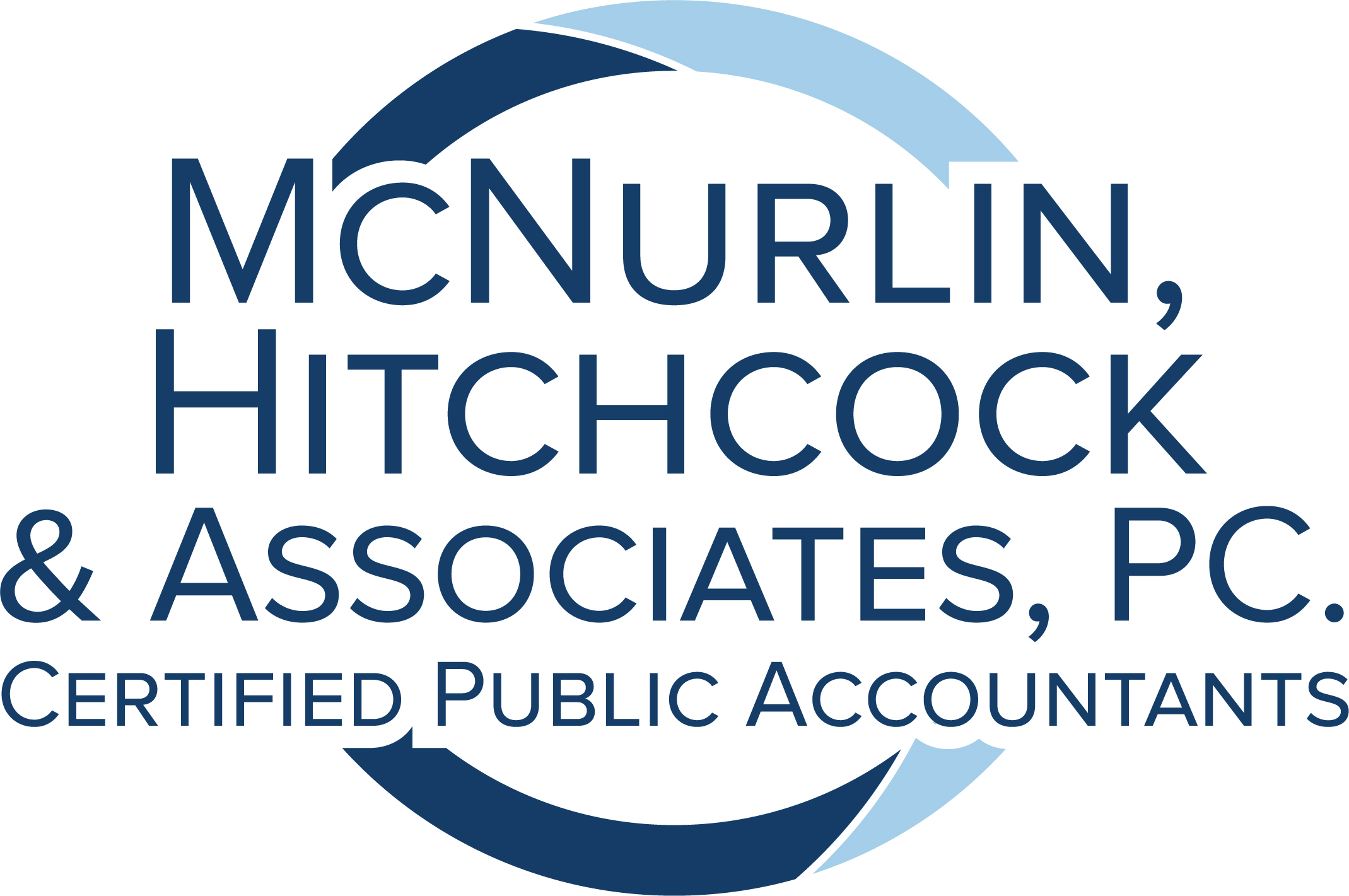Employee Profit Sharing
Profit-sharing with your employees through a qualified retirement plan is a great benefit to both employers and employees. If you are a small business owner, and you do not currently offer a retirement plan to your employees, then you are in a great position to consider adding this tax-favored, tax-saving benefit.
There are two major categories of retirement plans:
-
Defined benefit plans and
-
Defined contribution plans
Defined benefit plans can allow for the greatest current deduction from income. That makes it a great option where the small business owners are older and nearing retirement. However, the benefit plans can be expensive to administer and difficult to oversee. That makes them less attractive than the defined contribution plan.
Defined contribution plans are generally easier to administer and setup. They provide an individual account for each participant. And benefits are limited to the amount contributed to the each account plus earnings. The commonly known types of defined contribution plans include:
- “SIMPLE” (savings incentive match plan for employees) retirement plans are a great option for employers with less than 100 employees. Under a SIMPLE plan, an IRA or 401(k) account is established for each employee, and the employer makes matching contributions based on contributions elected by participating employees under a qualified salary reduction arrangement.
- 401(k) plans are defined contribution plans as well: the employee sets their contribution direction under a salary reduction agreement. A 401(k) plan can be “traditional” or “Roth” which makes them more flexible than the SIMPLE option. However, there can be additional compliance associated with the 401(k) plan to avoid being “top-heavy” or favoring the highly compensated employee. You can even avoid the “top-heavy” compliance testing if you adopt one of the “safe harbor” 401(k) plan designs and commit to employer matching and immediate vesting.
- Simplified employee pensions (SEPs) allow for an employer only contributions. They receive tax advantages as above plans by allowing a business deduction for employer contributions to SEP-IRAs on behalf of employees. These plans are less favorable under current tax law due to the qualified business deduction which reduces the deduction for the employer contribution, however, they are still a good option to allow for tax savings.
- Employee stock ownership plans (ESOPs), in which shares of stock in the employer are purchased to fund the plan and are gradually allocated to employee accounts. ESOPs are not available to pass-through entities.
We would be happy to discuss in greater detail the types of retirement plan options available to you. Please call to set up an appointment.

